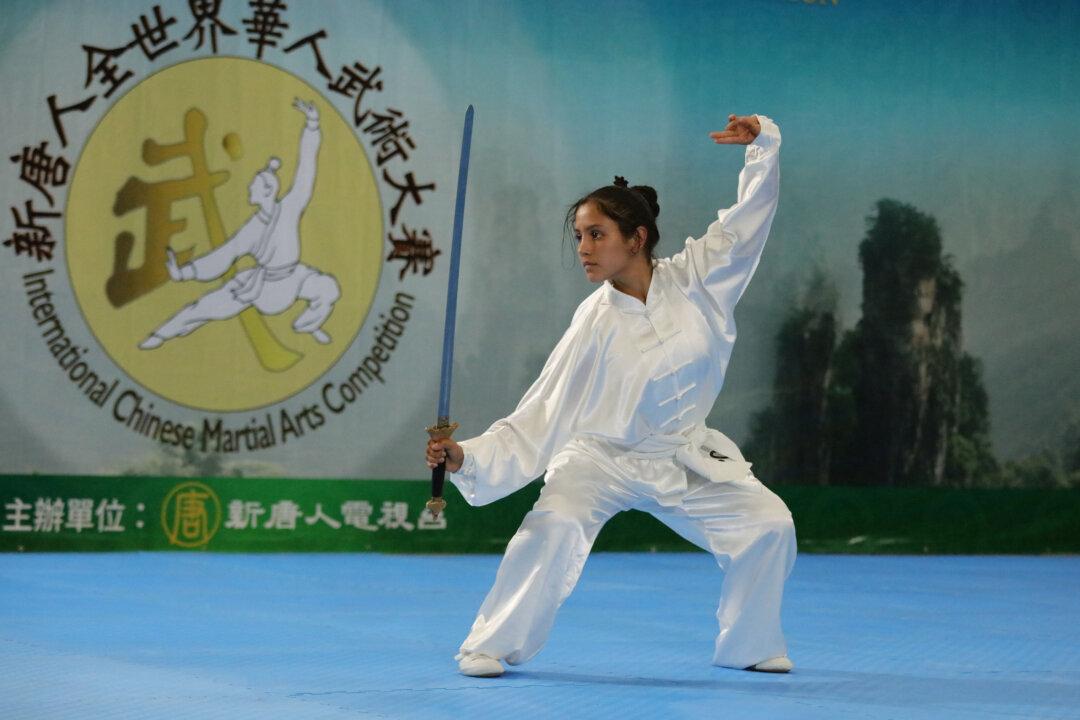In the sporting world, martial arts have climbed in popularity, but practitioners of the oldest forms existing say the true essence is being lost in the world today. To take on the insurmountable task of reversing this trend, traditional Chinese martial artist Youfu Li chairs a decade-old competition which aims to revive a lost culture.
“To be able to distinguish good from bad, and to be able to stop evil while helping the righteous, are the most important moral requirements on martial arts practitioners,” Li said.






